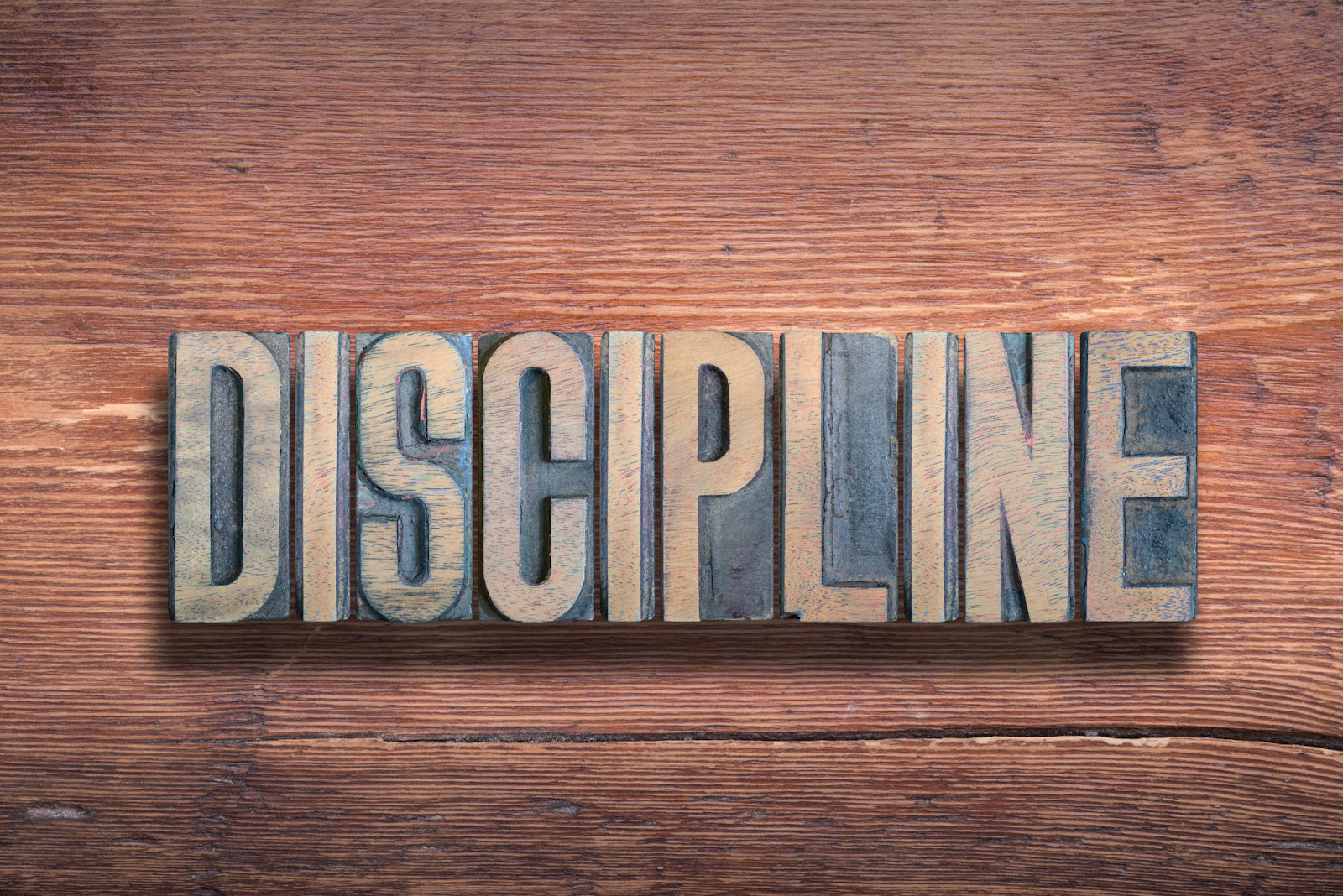Incorrect Ways To Read Books
Many people have different techniques and methods of reading. Some people skim through books without reading line by line, some people read line by line, underlined points, highlight, make notes, while others prefer to listen to audiobooks or read summarized versions of the books.
I usually read line by line, because it helps remember the information much better than skimming. I usually highlight when it comes to self-help books. Sometimes, when I find a line or a dialogue that is really an 'aha' moment, I highlight even in fiction, but not often.
There are a few methods which, according to my personal opinion, are not productive ways of reading books:
1. Reading/Knowing the Summary. Some people read the summarized version of the book and think that they have got an overall idea of the book and won't require to read it. Some people prefer to hear a summary from someone else who has read the book. But the actual essence of the book lies in the book itself. Summarization does NOT give you all the information in a book. I speak from experience. For the book A Good Girl's Guide To Murder, I thought it was just a casual crime story by reading the blurb. I wouldn't have read it if my friends hadn't said, "It's really good!" When I read it, I realized I really, really, really found it interesting and it wasn't just a 'casual crime story'.
2. Audio Books. Many people have started using audiobooks, especially ones who are working, since they don't have time to pick up and read a book. They listen while they are working, they listen while eating, while driving, while cooking, while in a meeting, etc. In general, this method may not help you absorb the whole content you are hearing, since you are doing something else at the same time. This, in a way, is multitasking. Now, it does not mean audiobooks are not useful at all, but it is better if you sit aside and read a book to grasp more knowledge efficiently.
3. Reading a Book When it Does Not Provide You Anything Relative or New. Some people prefer to finish reading a book just because they started it (I used to be like this). Now, you may never know what information might be hidden in which page, and you might want to continue reading. But sometimes, forcing yourself to read a book when it does not intrigue you or is not relevant to you is a bad thing. Reading is supposed to be fun. For example, I had picked up the book Develop your NLP Skills, thinking it would be a really informative read. On the cover page, it clearly said that it was for improving communication in businesses. I am a teenager, and I realized after reading halfway through the book that I was force-reading. And the book wasn't even relevant to me since I don't have a business and I, so far, have no need to negotiate with clients. So I put the book aside. You don't need to force-read in such situations like this.
4. Reading Without Considering the Context. Some people may read books without understanding the point of the whole novel or why the author even thought of writing the book. This may cause misinterpretations or lack of appreciation for the author's intentions.
5. Not Reflecting or Engaging. Reading without stopping to reflect, ask questions, or engage with the material can prevent deeper understanding of the themes and ideas presented. This isn't completely bad, but if your aim is to have 100% knowledge on a particular subject, I would suggest deep reading.
6. Speed Reading Without Comprehension. Speed reading techniques can be helpful for getting through material faster, but when comprehension is sacrificed for speed, the reader might miss important details, nuances, or the author's intent. Understanding the deeper meaning or subtle messages within a book often requires a slower, more deliberate pace.
7. Skipping Parts. Some parts of a book might seem less engaging or relevant but skipping them entirely could mean missing key plot points, character developments, or thematic elements. Even seemingly mundane sections can contribute significantly to the overall understanding of the book.
Reading is a personal experience, and there is no hard and fast rule on how a person is specifically supposed to read. The above points may not work for all types of people, as there is no shoe size that fits every person.
Happy Reading!!!



Good one Kushala. I must agree, depending on the time I followed almost all the techniques you mentioned.
ReplyDelete